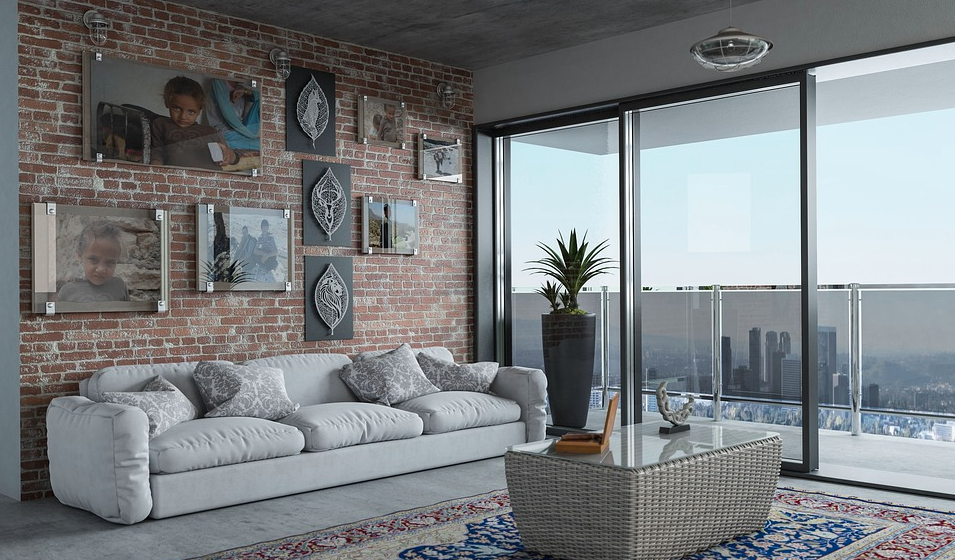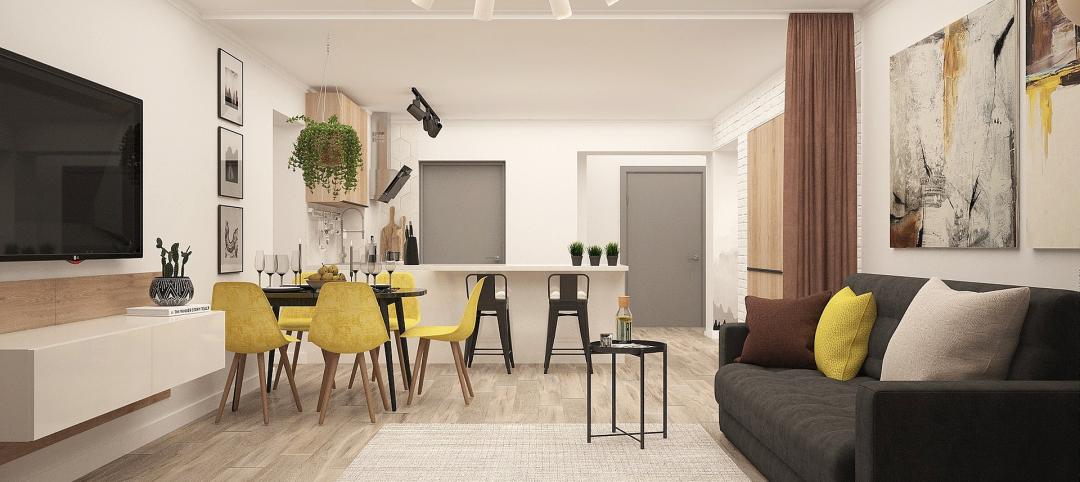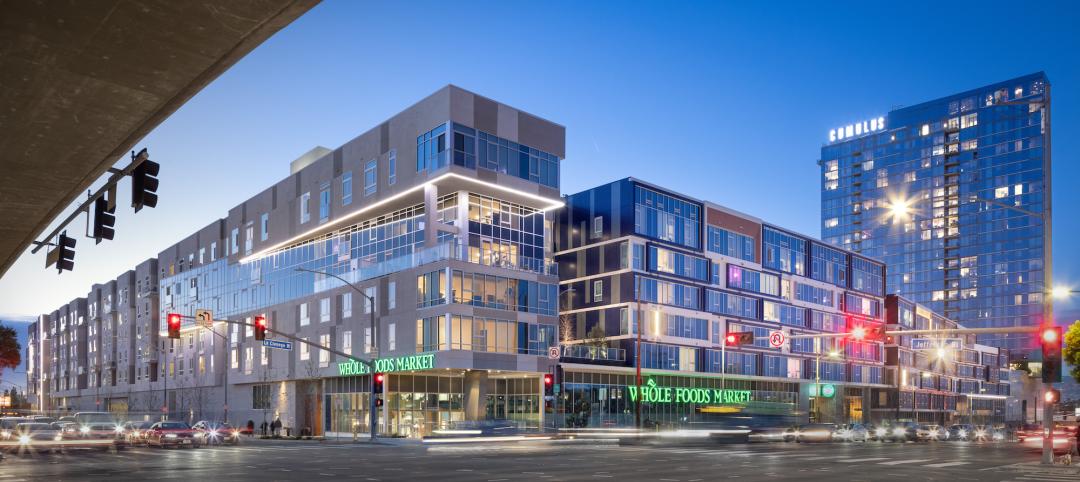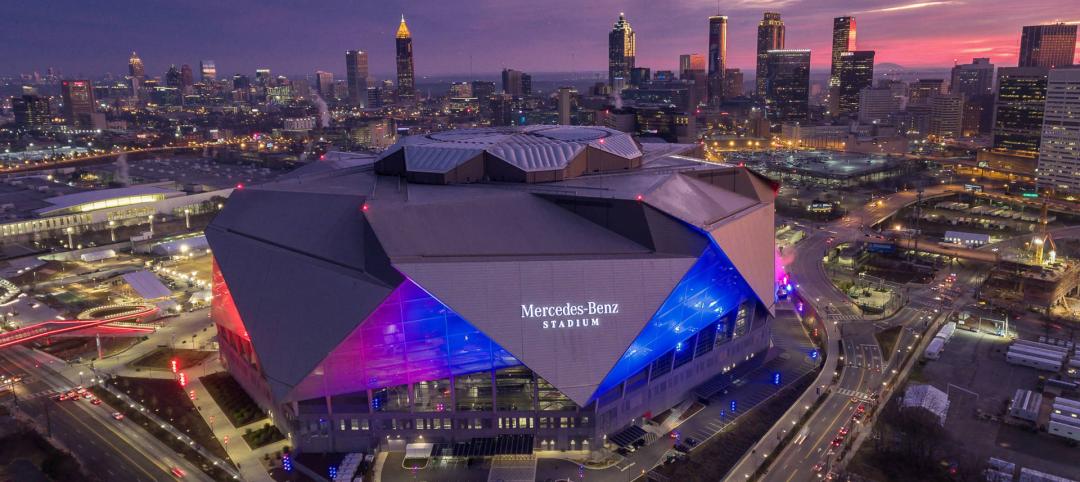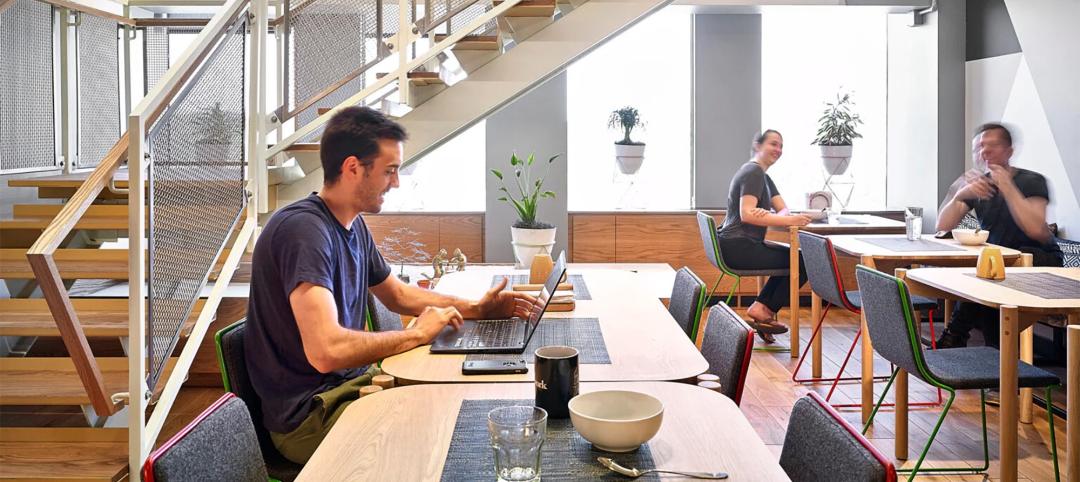The apartment sector continued its strong economic run last year, reflected in the National Multifamily Housing Council’s (NMHC) newly released 2018 NMHC 50—the authoritative ranking of the nation’s largest apartment owners, manager, developers, builders, and syndicators.
MAA (headquartered in Memphis, Tenn.) was the country’s largest apartment owner, with 99,792 apartment homes owned.
Greystar Real Estate Partners (headquartered in Charleston, S.C.) remained the largest apartment manager, with 418,475 apartments under management. Greystar also remained the top apartment developer with 5,651 apartments started in 2017.
Summit Contracting Group, Inc. (headquartered in Jacksonville, Fla.) took the spot as the nation’s top third-party apartment builder, starting 6,053 apartments in 2017.
Alden Torch Financial (headquartered in Denver) continued as the country’s largest apartment tax credit syndicator, with 162,123 apartments syndicated.
“Strong underlying demand and investment performance metrics continue to buoy the market,” said Mark Obrinsky, NMHC’s Senior Vice President of Research and Chief Economist. “While there may have been some signs of deceleration and market leaders have shifted strategies, the industry’s fundamentals remain robust.”
Additional industry and NMHC 50 highlights:
* 2,066,945: number of units collectively owned by the firms on the NMHC 50 top owners list, representing 10.1% of the total apartment stock in the U.S.
* 3,282,557: number of total units managed by the firms on the NMHC 50 top managers list, an all-time high and a 3.3% growth over last year.
* 95.1%: apartment occupancy rate in 2017, according to RealPage; this is slightly below the unusually high levels of the last few years, but well above the post-1999 average of 94.4%.
* 346,900: number of apartments completed in 2017, according to the Census Bureau—the highest level since 1989.
* 343,037: absorptions of apartments in 2017, the best year since 2000 by a wide margin.
* $152.7 billion: total multifamily transaction volume for 2017, according to Real Capital Analytics.
NMHC partners with Kingsley Associates, a leading real estate research and consulting firm, to conduct the research and analysis for the NMHC 50. All apartment owners, managers, developers, builders, and syndicators are invited to answer a survey questionnaire that asks about their prior year’s activities. Apartment owners, managers and syndicators are ranked based on their portfolio holdings (either owned, managed or syndicated) as of January 1, 2018, while developers and builders are ranked based on the number of apartment units started in 2017.
For more details about the NMHC 50, including historical information, visit nmhc.org/The-NMHC-50.
Related Stories
Adaptive Reuse | Jul 10, 2023
California updates building code for adaptive reuse of office, retail structures for housing
The California Building Standards Commission recently voted to make it easier to convert commercial properties to residential use. The commission adopted provisions of the International Existing Building Code (IEBC) that allow developers more flexibility for adaptive reuse of retail and office structures.
Mixed-Use | Jun 29, 2023
Massive work-live-play development opens in LA's new Cumulus District
VOX at Cumulus, a 14-acre work-live-play development in Los Angeles, offers 910 housing units and 100,000 sf of retail space anchored by a Whole Foods outlet. VOX, one of the largest mixed-use communities to open in the Los Angeles area, features apartments and townhomes with more than one dozen floorplans.
Multifamily Housing | Jun 29, 2023
5 ways to rethink the future of multifamily development and design
The Gensler Research Institute’s investigation into the residential experience indicates a need for fresh perspectives on residential design and development, challenging norms, and raising the bar.
Office Buildings | Jun 28, 2023
When office-to-residential conversion works
The cost and design challenges involved with office-to-residential conversions can be daunting; designers need to devise creative uses to fully utilize the space.
Multifamily Housing | Jun 28, 2023
Sutton Tower, an 80-story multifamily development, completes construction in Manhattan’s Midtown East
In Manhattan’s Midtown East, the construction of Sutton Tower, an 80-story residential building, has been completed. Located in the Sutton Place neighborhood, the tower offers 120 for-sale residences, with the first move-ins scheduled for this summer. The project was designed by Thomas Juul-Hansen and developed by Gamma Real Estate and JVP Management. Lendlease, the general contractor, started construction in 2018.
Affordable Housing | Jun 27, 2023
Racial bias concerns prompt lawmakers to ask HUD to ban biometric surveillance, including facial recognition
Two members of the U.S. House of Representative have asked the Department of Housing and Urban Development to end the use of biometric technology, including facial recognition, for surveillance purposes in public housing.
Apartments | Jun 27, 2023
Average U.S. apartment rent reached all-time high in May, at $1,716
Multifamily rents continued to increase through the first half of 2023, despite challenges for the sector and continuing economic uncertainty. But job growth has remained robust and new households keep forming, creating apartment demand and ongoing rent growth. The average U.S. apartment rent reached an all-time high of $1,716 in May.
Apartments | Jun 27, 2023
Dallas high-rise multifamily tower is first in state to receive WELL Gold certification
HALL Arts Residences, 28-story luxury residential high-rise in the Dallas Arts District, recently became the first high-rise multifamily tower in Texas to receive WELL Gold Certification, a designation issued by the International WELL Building Institute. The HKS-designed condominium tower was designed with numerous wellness details.
Multifamily Housing | Jun 19, 2023
Adaptive reuse: 5 benefits of office-to-residential conversions
FitzGerald completed renovations on Millennium on LaSalle, a 14-story building in the heart of Chicago’s Loop. Originally built in 1902, the former office building now comprises 211 apartment units and marks LaSalle Street’s first complete office-to-residential conversion.


